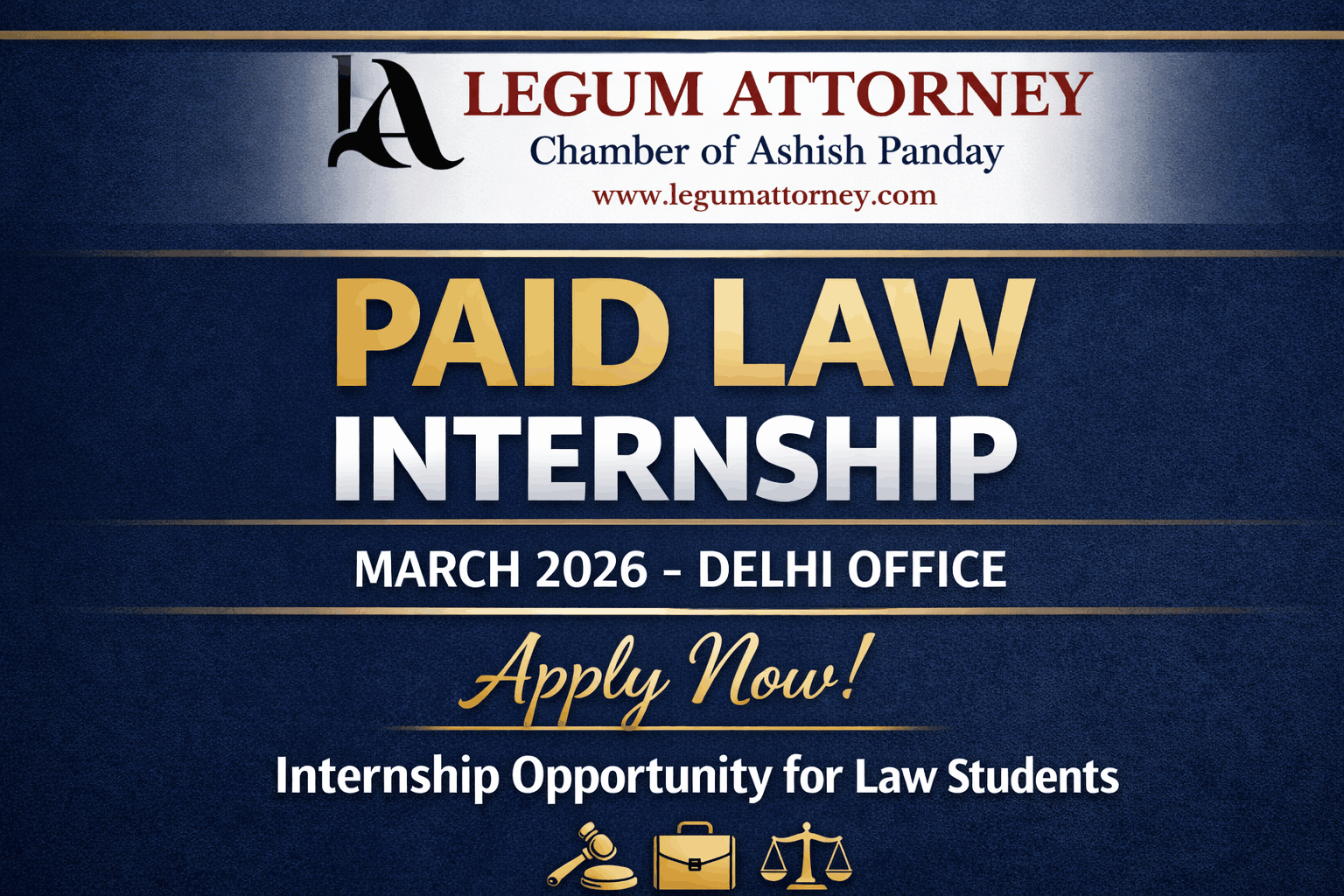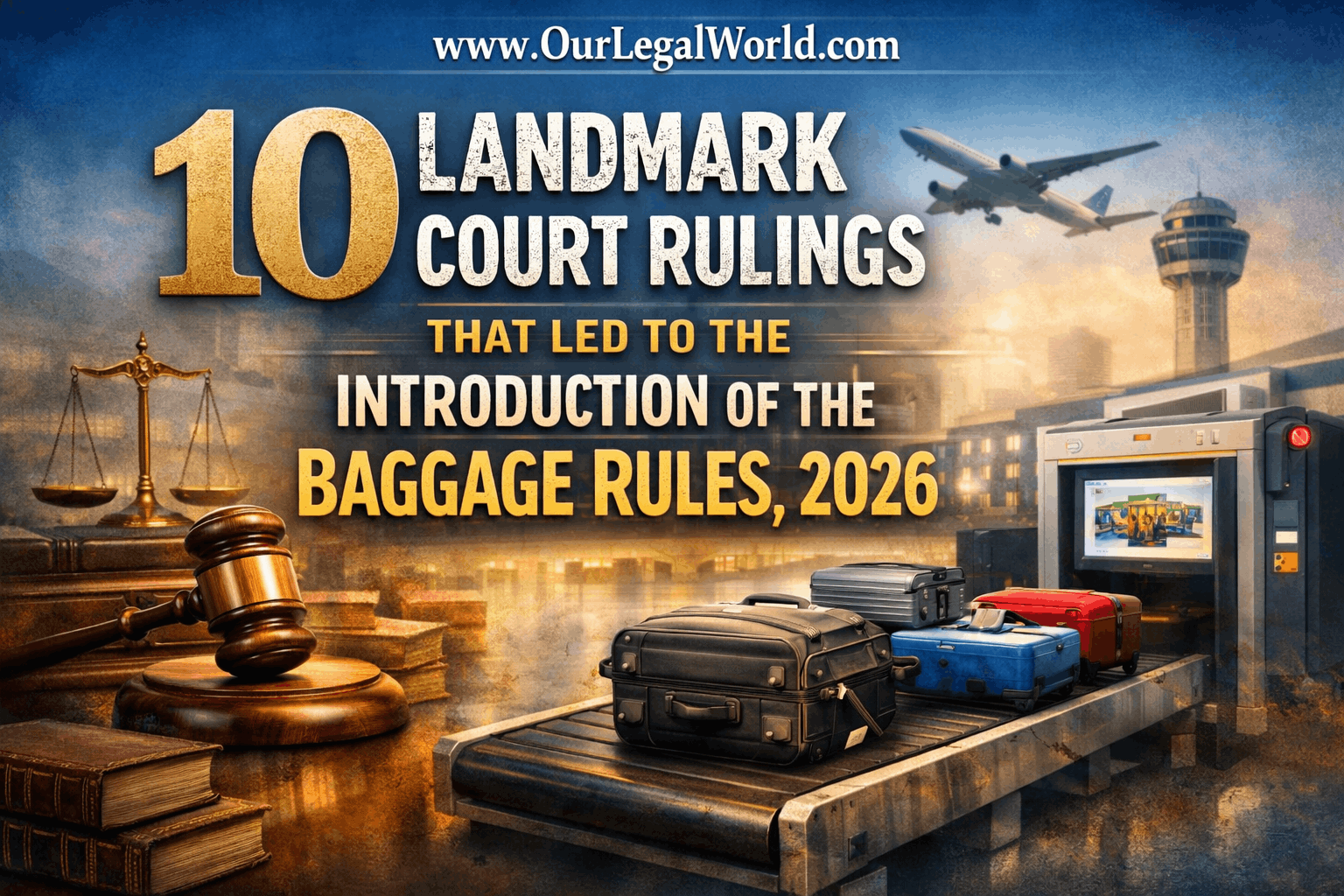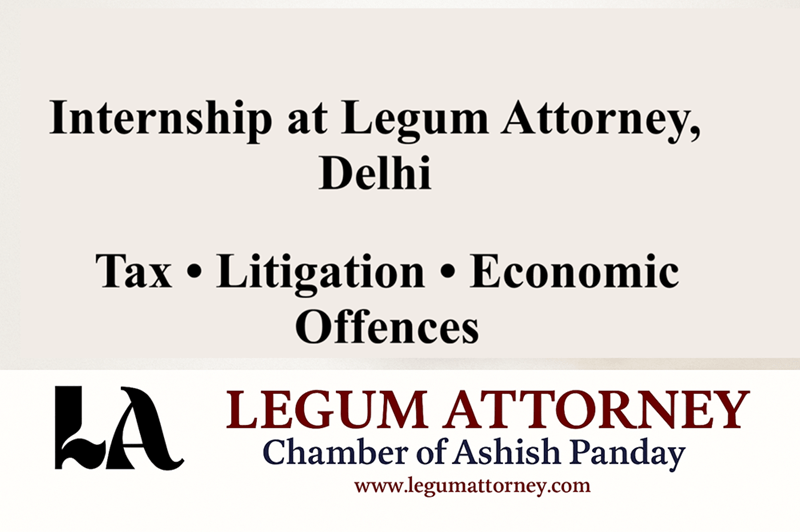Anil Kapoor v. Simply Life India and Ors. : Personality Rights
Written by Kritika Thakur, National Law University, Delhi
Introduction
In the landmark case of Anil Kapoor v. Simply Life India and Ors., the plaintiff, a renowned Indian actor, Anil Kapoor, has brought suit seeking the court’s protection of his personality attributes against internet misuse. His contention is that the defendants misused Kapoor’s name, image, voice, and other personal attributes in a malicious manner for commercial gain. This case serves as a launchpad for critical discussion with respect to personality rights of a celebrity, whether they are protected, and if so, how, in our digital age. This piece will look at privacy rights, personality rights, and the general way in which this case has affected the jurisprudence of intellectual property in India.
Background of the case
Anil Kapoor, a popular celebrity, respected across the globe for his roles in such films as “Slumdog Millionaire”, which won the Oscar Award in 2008. His contention is that his mannerisms and persona, which have over his long and illustrious career, become synonymous with his brand, have become prone to misuse by third parties, such as the defendants, who have used his personality attributes for a variety of commercial purposes, included but not limited to sale of merchandise like T shirts and keychains, AI generated likeness of his voice and image, deepfakes depicting the plaintiff as other celebrities, and autographed images of the plaintiff, all without the plaintiff’s knowledge or authorization. It is on this background that Anil Kapoor, the plaintiff, has approached the court with a plea to uphold his personality rights, which are a conception intended to protect public figures’ identities being misemployed by third parties for commercial gain, copyright and common law rights against passing off, dilution and unfair competition.
Legal Framework
The contention of the plaintiff is that certain elements of a personality such as image, likeness, voice, etc. are protectable elements. Intellectual Property elements like these have been proved in this case to enjoy Constitutional Protection in India, and that the defendants in the instant case infringe not only upon personality rights, but also the plaintiff’s right to privacy. It is worth noting here that the plaintiff, Anil Kumar, holds trademarks that further protect his brand. Briefly, the principles of “passing off”- to misrepresent one’s goods for sale as someone else’s- and dilution, are both invoked to bolster the argument of the plaintiff. The issue of unfair competition here is with respect to the way Kapoor’s brand could be exploited by others, leading to both reputational and financial harm.
Court’s analysis
The Delhi High Court in this case contributed to existing jurisprudence in this field of law, reflecting deeply on the Indian understanding of personality rights. The court acknowledged the possible trespass upon celebrities’ right to livelihood, right to privacy, right to live with dignity, etc. and also drew a line between free speech and tarnishment that jeopardises the individual’s personality or attributes of his personality. As held by the High Court, tarnishment, blackening or jeopardising someone’s personality is where speech crosses the realm of free speech, since it infringes upon another’s rights, and causes harm, which is illegal. The High Court refers to the Supreme Court judgment of the R. Rajagopal v. State of T.N., (1994) 6 SCC 632, or the Auto Shankar case, in order to recognise the protectability of a celebrity’s name, voice, persona, likeness etc.
The court also draws a connection between the intellectual property elements of the instant case and the fundamental rights laid out in the constitution of India, by reading the right to privacy and the right to be let alone into Article 21. The court based its decision to grant the ex parte injunction to the plaintiff on the balance of convenience(which requires the court to ponder the potential harm to both parties before granting a preliminary injunction) that it held satisfied by the plaintiff’s arguments.
Also Read: IS TRAINING GENERATIVE AI INFRINGEMENT OF COPYRIGHT?
It is important to note that the court has, in acknowledging and referencing foreign jurisprudence like the Bette Midler case(which held that protection by the court would extend beyond the basic attributes of personality like image to the voice as well), at least partly mitigated the risk of isolating Indian jurisprudence in this increasingly globalized arena of intellectual property rights. The High Court has also laid out the intricate web of intellectual property rights and the plethora of other rights it is tied to so fundamentally that infringing upon one is infringing upon the other.
Implications and Broader Impact
This judgment by the honourable High Court of Delhi sets a precedent upholding celebrity rights, and has given rise to a legion of litigants who find themselves in similar positions as the plaintiff of the instant case. It is also important to realise that this case is not the only one in this area. While this ex parte injunction was granted based almost entirely on the right to livelihood, the Jackie Shroff judgment denied the ex parte injunction, leading to arguments that the court ought not to merge the right to livelihood with personality rights, and that the court agrees with this view, for jurisprudence has developed from the Anil Kapoor case discussed in this article to the Jackie shroff case. I argue that the courts have in fact only nuanced the understanding of the interaction between the right to livelihood and free speech, and have rightly avoided declarative intonements regarding the supremacy of either right over the other. I argue, moreover, that such assertions miss the crucial detail that in the Jackie Shroff case, the court did not deny the right to livelihood as a basis for its decision, but held only that there isn’t a clear derogation of the plaintiff’s personality, which is what was alleged in that suit. Stated another way, the courts haven’t denied the injunction due to a lack of belief in the importance of livelihood rights, but because the bench wasn’t satisfied as to the truth of the allegations made by the plaintiff. The court also holds that the tension between a right to freedom of speech and the violation alleged by the plaintiff resolves in favor of the defendants.
It is an extraordinarily contemporary issue to consider, for it brings to light the downsides of AI, deepfakes, and other such technological tools when misused to infringe upon the personality rights of celebrities. To exemplify, let us look into deepfakes. How is a court to delineate the ingredients of misuse and parody in a way that will protect the rights of all parties involved, especially if AI is involved? While bad actors always attempt to twist technology against the rights of citizens, the novelty of the specific misuse of technology poses great danger to the fabric of society. These issues also traverse beyond intellectual property into that of consent, and though this is not taken up in this piece, one cannot credibly speak on AI and deepfakes without at least mentioning the wider dangers they pose to the autonomy of individuals in our society.
Conclusion
In conclusion, the case of Anil Kapoor v. Simply Life and Ors. highlights the importance of the protection of personality rights. In reprimanding the unauthorized use of Kapoor’s name, image, voice and likeness, the Court has set itself up firmly as believing in protection for a public figure’s personality attributes. This case emphasizes the need for continual and alert vigilance facing the ever growing threats against intellectual property rights that are facilitated in increasingly complex ways by technology. It is evident that that courts will only continue to be called upon, in greater and greater numbers, to adjudicate cases of this kind, where courts will have to walk the thin line between the freedoms gained using technology and the legitimate but more traditional rights claimed by citizens. The judiciary is reactive in their approach as a consequence of the inherent timelines of the systems we have set up, and yet this is a genre of cases where the courts will have to think in a more future facing manner than ever before in order to do any justice at all to the interests of society.
References
Nupur Thapiyal, ‘Delhi High Court Protects Actor Anil Kapoor’s Personality Rights, Restrains Use Of His Name, Image Or Voice Without Consent’, LiveLaw, 20 September 2023, available at: https://www.livelaw.in/top-stories/delhi-high-court-anil-kapoor-voice-image-misuse-personality-rights-238217








